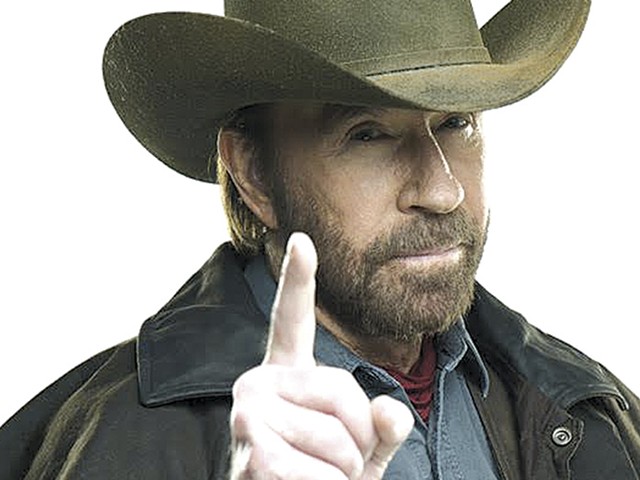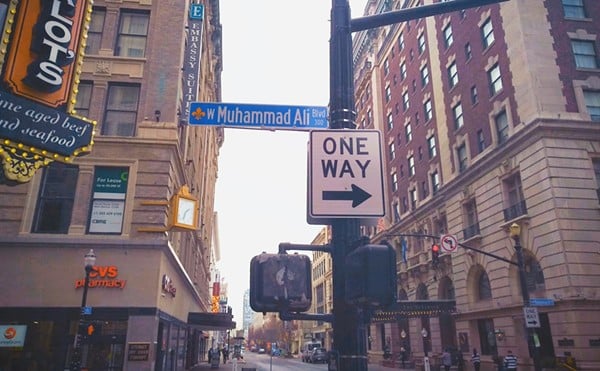Here is what I know about Charlie Hebdo. I know that 17 people were killed because someone didn’t feel the satire of this publication was funny. They were offended by the disrespect to the prophet of their religion. Those of us who watched it on the news cannot measure the magnitude of such a tragedy. However, like most tragedies, this one is multi-layered and cannot be explained with broad strokes.
The attack on the office of this magazine was a rejection of and an assault on the nature of Western ideals such as freedom of speech. However, our ideology is not held in the same esteem worldwide and while it is easy to dismiss the views and standards of others as archaic or overly restrictive, it is that very dismissal which is at the heart of terror attacks against the West. Our ideas of fairness do not translate to everyone. Imposing our philosophies on the world will be met with resistance and that resistance is absolutely justified. It is the same colonial/imperialistic thinking that drives much of the current racial tensions in our nation. We cannot expect people to believe what we believe nor can we expect them to react the way we want them to react.
It’s a double-edged sword for us because while we believe in human rights, fairness and the freedom of expression, these are values that are firmly situated in our cultural climate. These are not universal truths. Honestly, none is fully true in our own society. It is true when it is convenient.
That Westerners should be considerate of others is perhaps part of the point the attackers were trying to make and it is to our misfortune if we allow this very simple message to be lost in our anger and frustration. I feel it is as big a part of the tragedy as the cruel way these individuals chose to make their statement about disrespect.
Satire, as a rule, should use humor to illuminate the poor nature of a situation, figure of power, etc. in an effort to elicit a change in a society. The best examples of the form accomplish this without resorting to racist or xenophobic representations of those being satirized. This is where Charlie Hebdo has consistently gone wrong and when the pain of this tragedy ceases, I hope people begin to look at the situation holistically not just that they were attacked for having drawn pictures.
Even the most biting satire contains a modicum of respect. As is their modus operandi, Hebdo ignores this deference and crosses over the line of satire into parody. There is a difference. “Je Suis Charlie” supports the right of a privileged few to mock those who are different.
Much in the way that 9/11 was a physical attack on America, the impetus was the perception of our nation’s intrusion in the politics of sovereignties that were not seeking our presence. We were shaken and still are. We experience the ramifications on a daily basis. Still, we have to look at 9/11, the climate surrounding, and accept that maybe we crossed a line. It is even more tragic when we do — when we realize that we are complicit in one of our nation’s greatest tragedies.
I think the same goes for the Charlie Hebdo attack. We can argue for the freedom of speech without responsibility or restriction. We do so from a place of power. However, when lives are taken because of our insistence upon ignoring the feelings of others — or discounting them as wrong — we have to accept that our actions could cause a violent reaction.
I do not agree with or in any way find that violence is a rational response to insult. My values are American and formed in a family that had its basic needs met most of the time. I can’t claim to speak for someone who feels differently. As a black woman, I have been insulted, ignored and passed over many times but my values are in line with the nation where I was born and raised. While I don’t find violence an appropriate reaction there are many who do — even here in America.
Fundamentalism isn’t new. For some, their beliefs are not up for debate or temperance. We live with it on a daily basis — try passing a law restricting guns. We need to have compassion for our French allies and we need to assess the respect we give others and the seeds growing in our own gardens.







